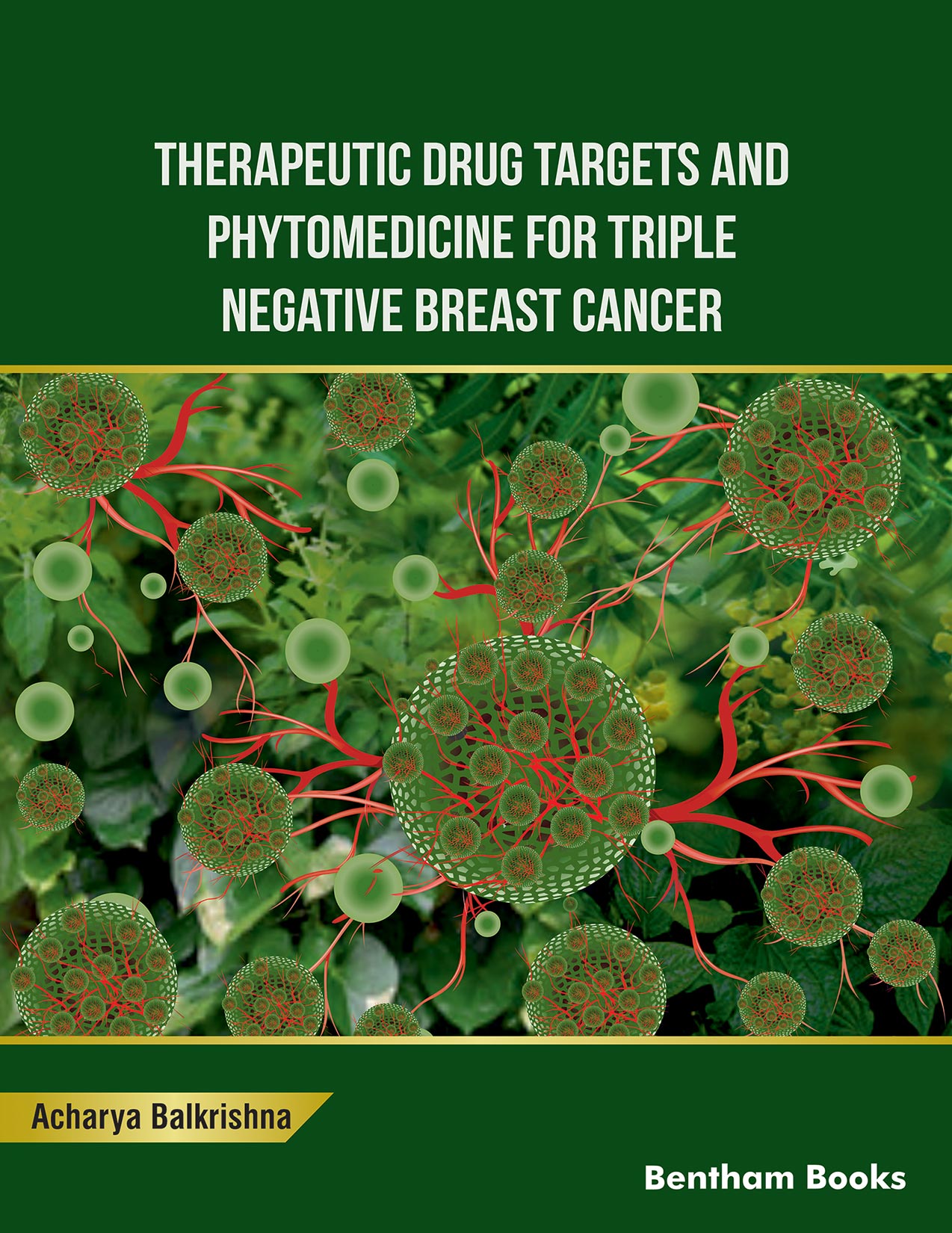Introduction
Triple negative breast cancers (TNBC) are a biologically aggressive form of breast
cancer and constitute approximately 10-15% of all breast cancer patients. Distant
metastasis, lack of clinically targeted therapies and prognostic markers, makes the
disease difficult to treat. Till now not much work has been carried out on this
deadly disease.
This book provides an overview of TNBC etiology, its treatment strategies and
prognostic markers to identify the outcome of standard therapies. Signalling
pathways namely cell proliferation, angiogenesis, invasion and metastasis,
apoptosis, autophagy and others involved in complicating the disease have been
described in the chapters to convey an understanding about the disease mechanisms.
All the possible drugs either in pre-clinical or clinical stages have also been
mentioned with data that depicts their efficiency in targeting altered genes. The
book also introduces the reader to herbal medicine exhibiting high potency to target
TNBC, their synthetic analogs used during chemotherapy and their ability to fight
against chemoresistance. The concept of phytonanotechnology has also been discussed.
The book helps create awareness among a broad range of readers about TNBC. It points
to prioritizing the upgradation of health care facilities and re-designing future
treatment strategies to provide maximum benefit to breast cancer patients.
Audience
A wide spectrum of readers especially those working in the field of breast cancer
medicine, herbal medicine, traditional medicine and basic medical research.

